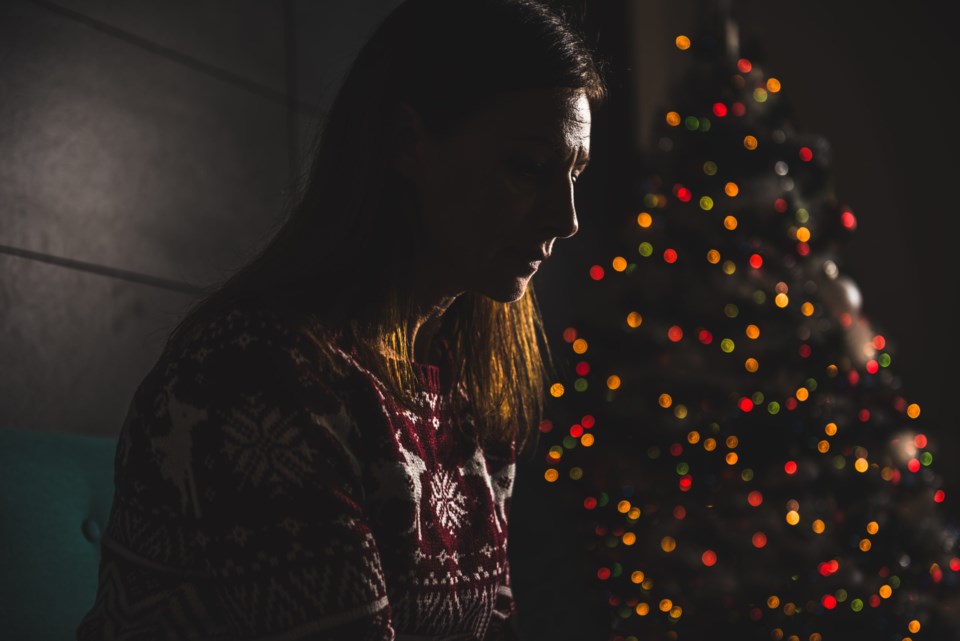’Tis the season for sharing. The Christmas season often sees folks sharing struggles — finances, family issues, and more and more depression or anxiety.
Behind many smiles at your holiday gatherings are regular folks feeling hollow. This is ground zero for SAD and worse. For many, it’s anything but a magical time for many.
If a friend or colleague comes to you in distress, would you know how to handle it? How about a stranger having a public mental break? Do you walk away or intervene? Do you call someone to help? What should you do?
Most of us don’t know.
In this era of social tension, it’s a tough call. There was a time when I was the poster child for jumping in to help anyone at any time. Blame my mom; she’s masterful at helping. Today, sadly, I admit to feeling ill equipped.
It’s time for us to aspire to a place where mental health support training will be as mandatory as fire or first aid drills.
Searching for do’s and don’ts to help us navigate, I’ve found this:
Do listen. Sometimes relief can be found for someone struggling simply by having someone say “I hear you.”
Don’t say “cheer up” or “you’re fine.” The anxious or depressed person might take your efforts to help as humiliation.
Do ask questions. Respectfully ask about their symptoms, they might want to share – they might not – and will be glad that you cared enough to ask.
Don’t say “I know how you feel.” While it is true that all of us experience bouts of the blues, we shouldn’t compare levels of struggle. This could lead to your friend feeling further minimized.
Do encourage seeking help. Offer to assist in finding a fit, or help fund, professional help.
Don’t question their medical decisions. If, for example, they feel the naturopath is helping — good. Let that be their truth. Simply advocate for them seeing a professional who specializes helping with anxiety or depression.
Do offer to help with daily chores and tasks. When getting out of bed seems like climbing Everest — imagine the exhaustion at the thought of daily must do’s.
Small acts of kindness go a loooooong way. Be patient. There are no quick fixes.
Social media days, filled with lip service about helping end the stigma surrounding mental health, are all well and good – but do they move the meter on the day-to-day struggle?
Back to the question about witnessing a stranger having a mental break, perhaps on a sidewalk or on transit, law enforcement says do nothing to intervene. Call 911. Think safety first and how you can help first responders reach the person struggling.
As much as we’d like to try, most of us have no idea how to really support someone who needs in. We could all benefit from some sort of training in the area of mental health, we do with CPR or with how to put out a fire. It should find its way into our everyday vernacular.
To truly remove the stigma of mental health struggles, we need it to be an almost everyday conversation. Like here, in this space, today. Please share.
Jody Vance is a born and raised Vancouverite who’s spent 30 years in both local and national media. The first woman in the history of Canadian TV to host her own sports show in primetime, since 2011 she’s been working in both TV and radio covering news and current affairs.
SWIM ON:
- Ada Slivinski wonders how "black" your Black Friday was.
- The war on drugs and addiction must be fought at the social roots of the problem, argues 29-year police veteran Anil Anand.
- A lot of Albertans are angry and likely depressed this season. Mark Milke explains why.



